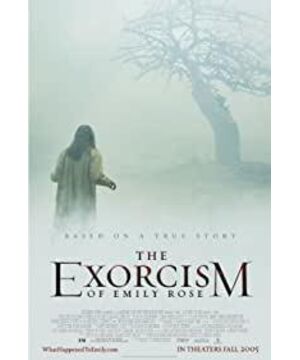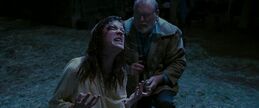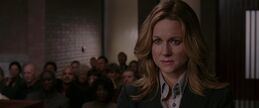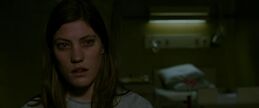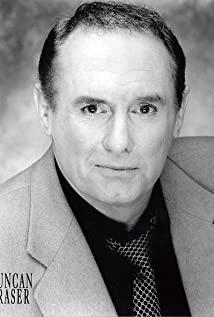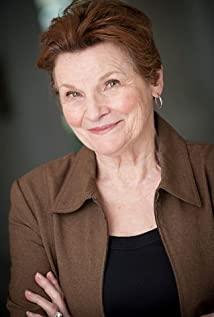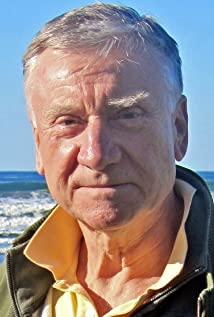Lao Tzu said that the opposite is true. It means that the way of heaven is constantly changing. Don't be arrogant and think that the knowledge we have already possessed is truth. In fact, truth has come to our opposite side. What we can explain is nothing more than a possibility, and when we magnify such a possibility to the only one, is the truth really in our hands?
As a result, we saw the cross-examination of the female lawyer in the film, what is the fact? The fact is that no other possibility is tolerated. But can science (including medicine) really explain everything in the world like 1+1=2? It is undeniable that science has successfully explained many phenomena and problems surrounding us so far, but there are still infinite phenomena and problems to be explained. Even the continued development of science will overthrow the so-called previous beliefs. The true knowledge of science. There is a general consensus that the universe is infinite. The more you know, the more you don't know. Just as the larger the circle is drawn on the drawing paper, we will find that the larger the surface in contact with the circle. And what we know is actually only the world within the circle.
Science and religion, I think, are actually two sets of thinking paths for mankind to explore the universe. Maybe they are just like fire and water. But so far we are still not sure which path can lead us to the other side of the cognitive universe, or neither.
Yes, is the universe really cognizable by us?
Can the girl’s symptoms and medical examination results stated by the prosecutor in the film really conclude that she suffers from epilepsy and neurological diseases? This is actually just a high probability event in medicine. To give a simple example, if a person has a fever and goes to the hospital for medical treatment, then the doctor can get the corresponding diagnosis by exploring other symptoms that occur to him. For example, if a fever is accompanied by a runny nose and sneezing, it may be a cold; of course, if a fever is accompanied by a cough and chest pain, then it may be pneumonia... These are just high-probability events, not necessarily. The only certainty is the fact that you have a fever, but what disease you have is a judgment, and this judgment is the result of a combination of many factors. Sometimes the same symptom can be different diseases, and sometimes the same disease shows different expressions. Symptoms. When a certain key factor is not discovered and considered by the doctor, his judgment is very likely to be wrong, so it is misdiagnosed. Such incidents are not uncommon in real life.
What I want to say is that the modern scientific system as we know it was born for less than two hundred years, while religion has ruled the entire human race for tens of thousands of years. Of course, in the past two centuries, humans have used science to make tremendous changes to our lives and the earth we live on, but the consequences of these changes are unknown to us. Is it conducive to human development, or leads us to destruction? Why do some people believe in such science? Why not have a skeptical heart, remain vigilant, and always question it? Even science itself requires suspicion, only suspicion within the system. So why is the suspicion outside the system excluded by science? As far as I know, religion excludes suspicion outside the system. So how can we be sure that modern science is not another form of religion?
A term recurring in the film called "supernatural". This is a noun in the scientific language system. And I don’t think that any event that happens in this natural world is supernatural. If there is, it’s just “super science”, just an event or phenomenon that the current science can’t explain. Of course, it is not yet known whether future science can explain it.
So at the end of the film, the female lawyer still tells us firmly that she is a skeptic. The facts are there, but there can be multiple explanations, from different angles, levels, discourse systems, different thinking logics... and even many explanations can form their own systems and logics. But can we who are in it really judge which one is correct, or which explanation is the only correct one?
I deeply doubt it.
View more about The Exorcism of Emily Rose reviews


